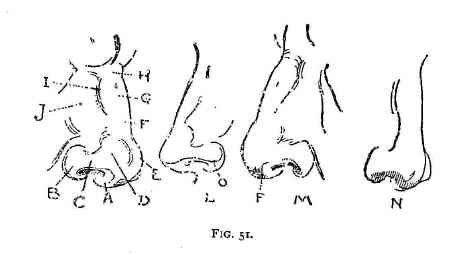Ironically, one of the keys to being selfless is to recognise your own needs, so you can work out how they fit in the context of the partnership. It involves learning your own boundaries, personal space, and limitations.
It seems like a paradox that in order for healthy attachment and dependence on each other, one must first learn independence. But in the words of Antoine de Saint-Exupery, "Love does not consist in gazing at each other, but in looking outward together in the same direction."Perhaps it is for this reason that I am so mistrustful of praise in courtship. In a subtle way, flattery is holding a mirror to someone else and saying, you are amazing, and I noticed it, therefore I am amazing. Being absorbed by the admiration of the chosen other can amount to narcissistic navel gazing.
Although it feels good, this ends up being very damaging, because you then expect that person to live up to a perfection that does not exist. At the end of the day, this is mere infatuation.
Put in other words, it is easy to see a loved one as an extension of self. The person who completes you. Praise and flattery is the stepping stone to developing an idealised perception of how someone ought to be. But it is simply not right to project that perception on that person. If you do, you end up feeling frustrated by their weaknesses and inequities, because you see them as a reflection on yourself, and resent it.
But in the right context, it can also be encouraging, confidence-building and inspiring. The Pygmalion effect, as it were, to live up to someone else's belief in you. Alain de Botton puts it beautifully in his book, Essays on Love:
"Everyone returns us to a different sense of ourselves, for we become a little of who they think we are. Our selves could be compared to an amoeba, whose outer walls are elastic, and therefore adapt to the environment. It is not that the amoeba has no dimensions, simply that it has no self-defined shape. It is my absurdist side that an absurdist person will draw out of me, and my seriousness that a serious person will evoke. If someone thinks I am shy, I will probably end up shy, if someone thinks me funny, I am likely to keep cracking jokes."In this modern age, marriage often ends in divorce. But divorce is a paradox. Marriage is simply a lifelong agreement to prioritise each others' needs, and do our best to fulfil them above all other personal agendas in life. Divorce says, I put my own agenda first. My agenda to have another love interest, or to prioritise my career. Simply put, it is self-defeating selfishness. It denigrates the sanctity and trust which everyone should accord to their word. It denotes a lack of self-respect, as self-respect gives way to self-interest. For it is admitting that I break my vow. I contradict myself. My words are meaningless.
We will likely fail miserably many times during a lifelong commitment to be patient, to be kind, to be understanding. Marriage will not always be happy. For better or for worse, after all. But it is through the imperfect process of attachment, and learning, and constantly recommitting to loving one person for your entire life, that you truly, madly, deeply learn to love, and learn to love everyone else better for it.
